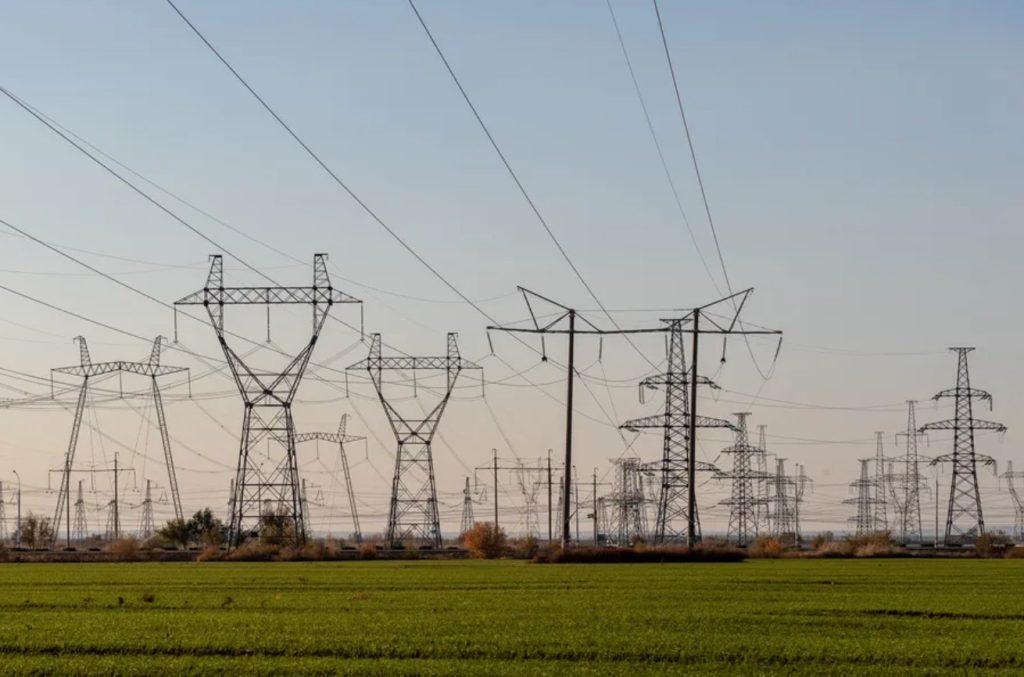
Cryptocurrency miners in Kazakhstan are facing widespread electricity shortages amid a surge in mining, as reported by the Financial Times. Kazakhstan has been grappling with an overloaded energy grid as miners flock in from China, which cracked down on crypto earlier this year and banned crypto-based transactions in September.
According to the Financial Times, Kazakhstan’s demand for electricity has risen about eight percent since the beginning of 2021, a sharp increase from the one or two percent annual growth that the country typically experiences. The Financial Times’ research also estimates that over 87,849 “power-intensive” mining rigs have made their way from China to Kazakhstan. The country now sits in the number two spot — just behind the US — as one of the hottest crypto mining spots, according to data from the University of Cambridge.
Just last month, three of Kazakhstan’s most vital coal-fired power plants faced emergency shutdowns. In light of the outages, Coindesk reports that the country’s Ministry of Energy would start restricting new mining farms from using more than 100 megawatts (MW) over the course of two years, but later walked back on this limitation for lawful miners.
To help mitigate power outages, Kazakhstan Electricity Grid Operating Company (KEGOC) also warned that it will begin rationing power to 50 government-registered crypto miners, as noted by the Financial Times. Kazakh officials reportedly attribute the power crunch to an increase in “grey miners,” otherwise known as unregistered miners who illegally mine for crypto. Experts estimate that these miners are responsible for consuming 1200 megawatts (MW) from the country’s strained power grid (via Financial Times).
Starting in 2022, Kazakhstan will start making legitimate miners pay up, both to help distinguish registered miners from “gray” ones, as well as to help ease power shortages. The country plans on charging legitimate miners 1 Kazakhstan tenge ($0.0023) per kWh. But for now, Kazakhstan may have to rely on Russian energy company Inter RAO, which it came to an agreement with earlier this month, to provide an extra boost of power during the cold winter months.
The southern portion of Kazakhstan has been hit especially hard by the shortages, as Coindesk notes that this part of the country is low on power plants, and the main grid sometimes struggles to deliver power to the region. The Kazakhstan-based crypto firm, Xive, which provides space and power for customers’ mining rigs, was recently forced to shut down over 2,500 mining machines due to the energy crunch. Didar Bekbau, the co-founder of the company tweeted a video of mining rigs loaded in the back of a truck. “Little sad to shut down our mining farm in south [Kazakhstan],” Bekbau writes. “So much work, people, hopes are ruined.”
Energy issues related to cryptocurrency aren’t limited to just Kazakhstan. Iran, which also has a system for licensed and unlicensed miners, banned cryptocurrency mining for four months in May as an attempt to stave off blackouts. Meanwhile, crypto miners are migrating en masse to Texas, thanks to its cheap power costs and relaxed regulations. Experts expect the demand for electricity to reach well over 5,000MW, which is especially concerning as Texas experienced a major blackout of its own earlier this year.